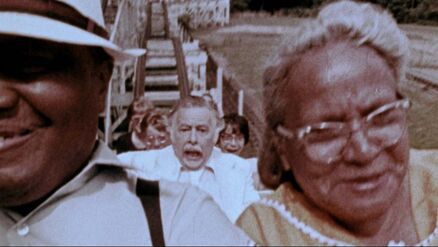 It’s Father’s Day once again, and you know what that means!... ...Time to celebrate the creepiest dads in horror! Tense family dynamics have always been some of the genre’s favorite playgrounds, and dads seem to be the most frequent targets. This list of my favorite Bad Dads in horror explores the myriad methods of madness and spans from the genre’s humble origins onward. Frankenstein: Victor Frankenstein The great thing about Mary Shelley’s masterpiece is that, no matter how you spin it, by virtue of the story’s core Victor is always the de facto “father” of the Creature and he is, for the most part, always the original shitty dad. You can’t have a Frankenstein adaptation without the creation sequence, nor without the abandonment when Victor begins to fear what he made. Personally, I like to believe the presence of the Igor-figure in film adaptations gives the story an extra sprinkle of queer representation that shifts the novel’s ideas around a bit. Victor-as-queer is far from an original reading, but I don’t know how often the Creature is cast as the offspring of a queer co-parenting couple. Queer or not, all the Creature wanted was acceptance—he couldn’t help how he was made—and Victor’s fear of him was the seed that grew into a forest of rage. All he had to do was stay and teach him properly and the Creature might have grown into an incredibly benevolent force. As it is, being labeled a monster and left to wander on your own is such a traumatic experience that Shelley’s novel remains timeless and ever-relevant, constantly adapted with new twists on the same heart. Amityville Horror: George Lutz The 1979 adaption of Amityville Horror remains one of the most referenced movies in my household. The flies haunt me more than anything, I think, but George Lutz’s descent into madness remains one of the most effective slow burns out there. His motives may originate from a desire to protect his family (the wood chopping comes as a consequence of the house’s cold spots), and his house was built on a native burial ground and previously owned by a Satan worshipper and a murderer, but I mean he does try to chop up his family with an axe, so not exactly dad of the year. Even the 2005 remake plays George Lutz’s rage well. If anything, this film should make us all better investigators of just why that house down the street is on the market so cheaply… Rosemary’s Baby: Guy Woodhouse This may be the only entry on the list with two possible dad contenders, and both are absolutely terrible entities. On the one hand you have Rosemary (Mia Farrow)’s husband, blandly named Guy (John Cassavetes), who is so…something that he tells Rosemary they had sex while she was unconscious because he “didn’t want to miss baby night”. Everything about that sentence is the worst thing. On the other hand, Rosemary has a vision after her dessert is drugged that the one really performing the consummation was Satan himself, while Guy and every other tenant of the apartment watched. Everything about that sentence is also the worst thing. So, who wins the Bad Dad-off? Literal Satan, or the man willing to bargain with him in the name of a successful career as an actor? Personally, I think it’s a bit of a tie, but you be the judge. The Shining/Doctor Sleep: Jack Torrance I know we all know what a terrible father Jack is, because he opened himself up almost immediately to the influence of his vices and the demons of a murder hotel. I don’t have to tell you he’s the worst for wanting to bash his family’s brains in in order to “correct” their behavior when it goes against what he wants. He’s not on this list for his near double-murder, though no list of Bad Dads would be complete without him. I’m more interested in the lasting power of his trauma on Danny. From the first incident of his broken arm on through the rest of his life as told through Doctor Sleep, Danny is molded entirely from the dominating, monstrous presence of a father who never quite seemed to figure out how to love. And despite that, he remains a loving child filled with endless chances and grows into a man so full of love for other people he’ll face his greatest demon for the life of a young girl. Jack is one of the most terrifying paternal figures ever put to screen for more than just the physical damage he does, but the family he leaves behind prove themselves one of the strongest ever forged. The People Under the Stairs: Eldon Robeson aka “Daddy” There’s a lot worth talking about in Wes Craven’s People Under the Stairs. Scathing social commentary told primarily with the perspective of an underprivileged child at the center, it’s unlike anything I’ve ever seen, and pops up in my head all the time. Unfortunately for my head-movie, this also means Eldon Robeson (Everett McGill) in a gimp suit with a shot gun going kid-hunting in his own house also pops into my head a lot, and if you haven’t seen this one yet and that description didn’t sell you on it, nothing will. It’s a heartfelt middle finger to exploitative landlords everywhere, with a fantastic young protagonist, feral wall-children, and two members of the Twin Peaks cast I can never see the same way again. IT: Beverly’s dad I don’t remember if he’s given an actual name in the film or not, but poor Beverly Marsh (Sophia Lillis)’s horrifically disgusting father deserved a spot on this list for reasons similar to Jack Torrance. Beverly is fighting a battle none of the other kids see within herself and in her home because her father is a beast more terrifying than any fear-feeding clown. She’s paralyzingly afraid of her period, and while never explicitly said, it’s not too far a reach to say it could be for more reasons than just that her mom isn’t around to explain what it means for her. Beverly’s father is such a point of contention that he embodies her worst fear in the film’s penultimate moments. That moment feels like a catharsis for her and the audience, but the fact that she had to ever feel that way at all means he’s lived as a life-shaking source of anxiety about herself and her worth for too large a portion of her life. We never see what he does to her, except of course we do. His mark is left in almost every move she makes. 1922: Wilfred James Quite a bit of Stephen King on this list, eh? 1922 may be the least widely seen of his recent works I’ve included here, but if you haven’t checked it out it is well worth the time. It’s true sunbaked farm horror, entirely contained within a single family. Like many King patriarchs, Wilfred (Thomas Jane) made the cut not just for his violent act, but for the way he spiraled his child’s life completely out of control. He might be the only one here to have felt bad about it later, though. Wilfred wants to keep his farm; his wife wants to sell and move to the city. Tensions build and their son just wants to run away with his girl down the road. A decision is made, an act committed, and every moment afterward is a tightrope descent into hell. Poor Henry (Dylan Schmidt) never had a chance thanks to his torn sense of loyalty. Texas Chainsaw Massacre: Grandpa Sawyer Grandpa Sawyer is the silent presence of the Chainsaw climax that heightens the stakes of Sally’s experience. It is by his hand that her life is most at stake and she’s forced into her most vulnerable position. He fails in his attempt but succeeds in setting the tone for the rest of the time Sally is trapped in the house. Her first direct interaction with him is an act of life-draining. He sucks her blood and then tries to bash her brains in! Model Sawyer patriarch or man responsible for the descent of the entire family? Either way, he’s certainly the creepiest cannibal skeleton I’ve ever seen. We Summon the Darkness: John Henry Butler One of my favorite recent releases, We Summon the Darkness is bursting with equal parts insanity and religious extremism. John Henry Butler (Johnny Knoxville) is the pastor of the Daughters of the Dawn, and father to Alexis (Alexandra Daddario), the leader and by far most insane member of the delightfully murderous lead trio. John Henry hovers over all of Darkness despite not making an appearance until the latter part of the film. When he does show up he somehow manages to up the already ridiculous ante, and proves himself willing to do anything in the name of his religion. He also proves Alexis would likely never have been able to reach the approval she desperately wanted from him. A perfect example of the parent pressuring their child to the point of madness and grooming them to believe the only way to prosper in the world is through blood. We Summon the Darkness is one of the most fun commentaries on belief out there, and John Henry Butler is one of the most sinister preachers roaming the world. The Loved Ones: Daddy Murder is a family affair in this Australian tale of a young girl scorned. Daddy Stone (John Brumpton) is one of the most interesting, creepiest on my list. A recent first watch, I originally thought he was more of a victim of Lola (Robin McLeavy) than a willing participant. I was, of course, Big Wrong. He’s an enabler of her violent fantasies, and even has some victims of his own. They don’t outright kill anyone, it seems, but they’re big fans of torture. Through the family scrapbook we see the Stones have been carrying out a twisted fantasy for most of Lola’s life, and Daddy Stone having his own trapped partner leads us to the idea maybe things have been this way for far longer. But these violent delights have violent ends… Bad Dads are a staple of horror since its beginnings. They’re such versatile villains, driven by far more diverse motivations than evil women are almost ever offered. This list is just a few of the patriarchs that plague me. Have a favorite fatherly creep I haven’t mentioned? Let me know! By Katelyn Nelson
1 Comment
Katherine Morrow
6/21/2020 11:02:01 am
I enjoyed reading your Bad Dads
Reply
Leave a Reply. |
Archives
March 2023
|
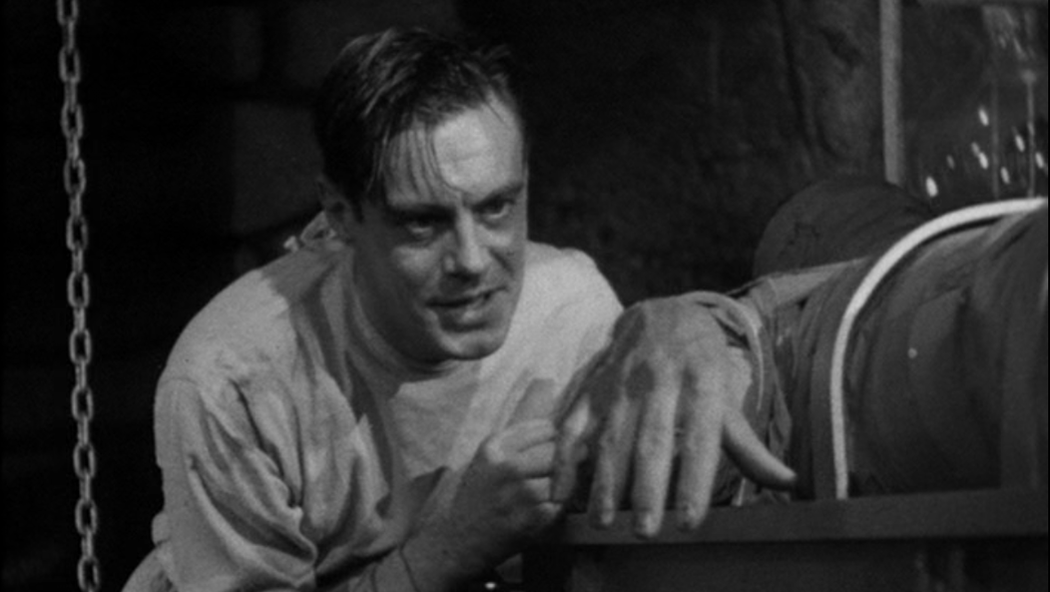
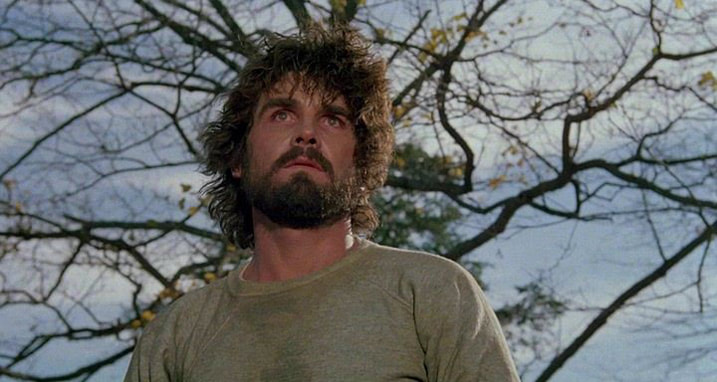
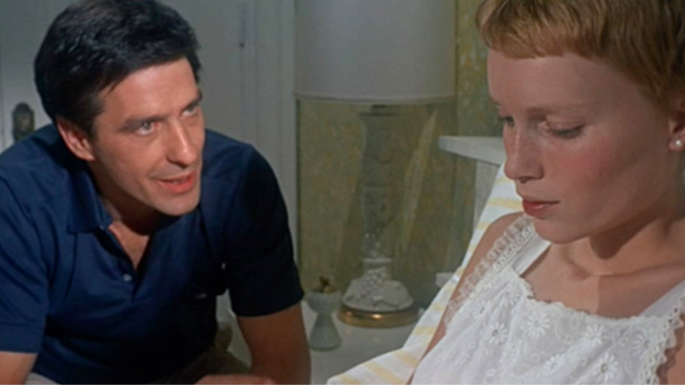
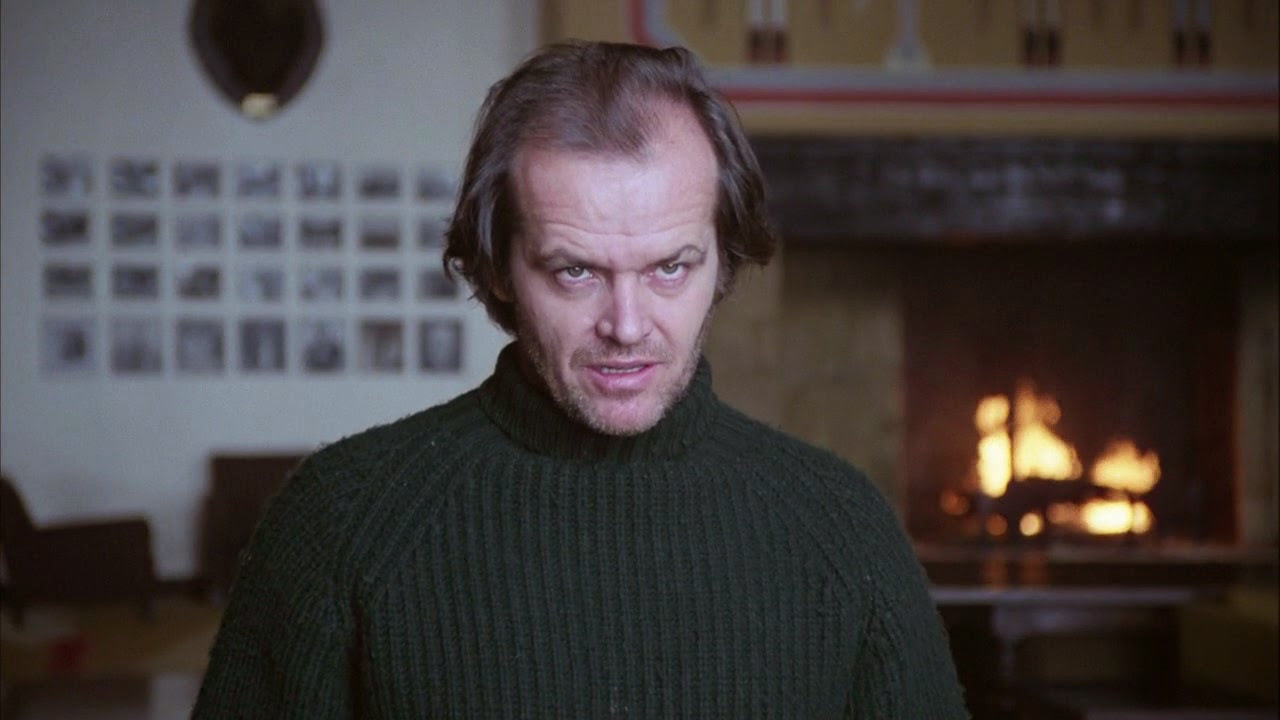
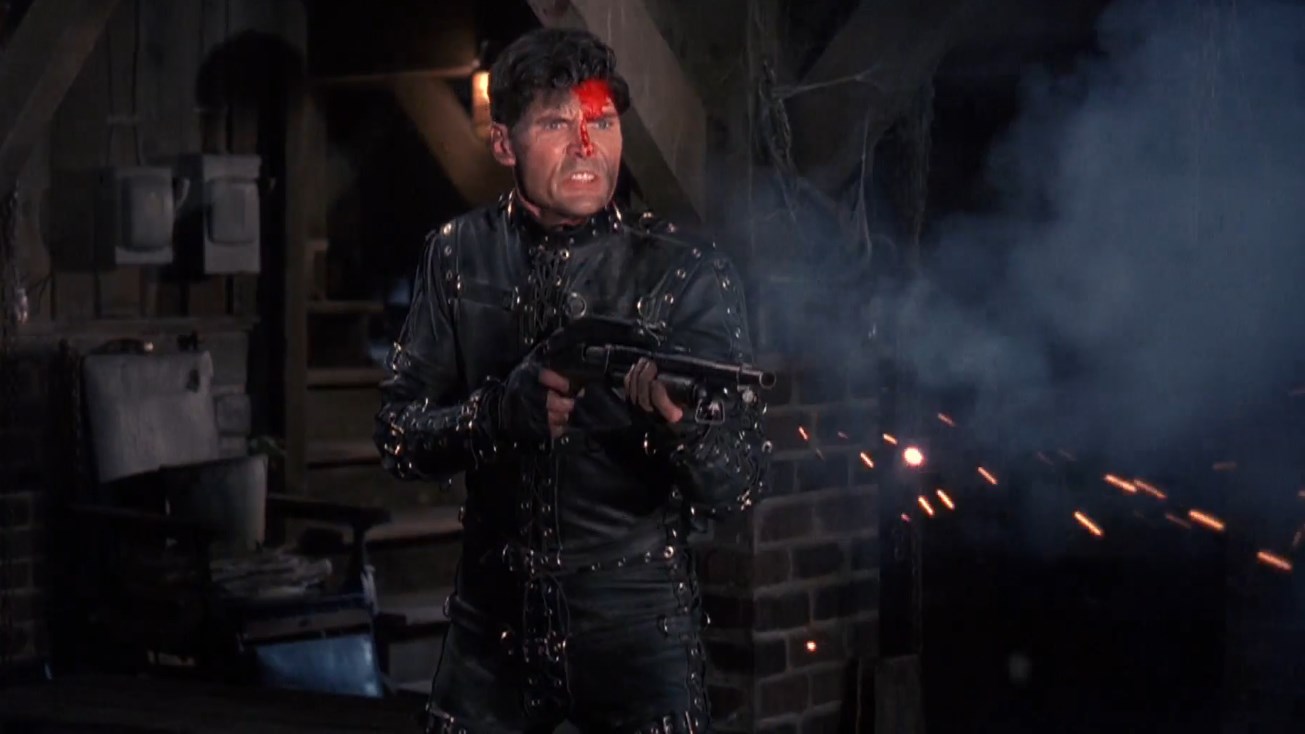
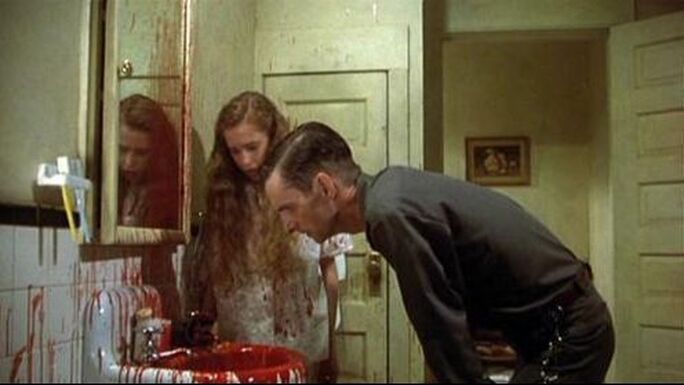
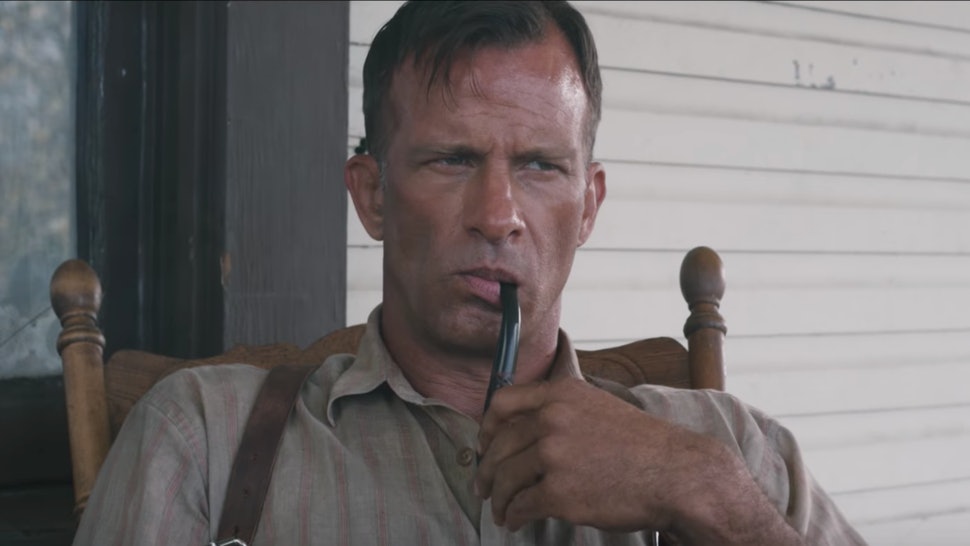
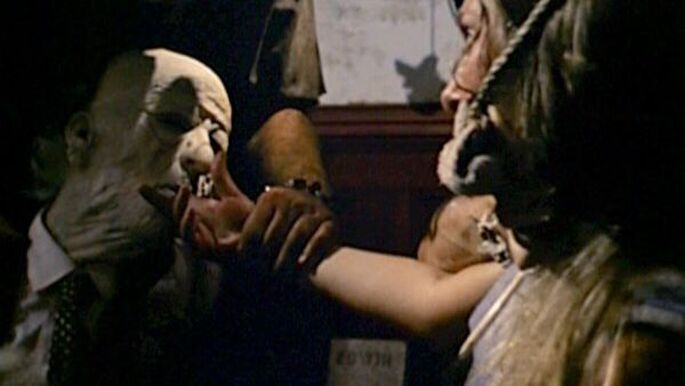
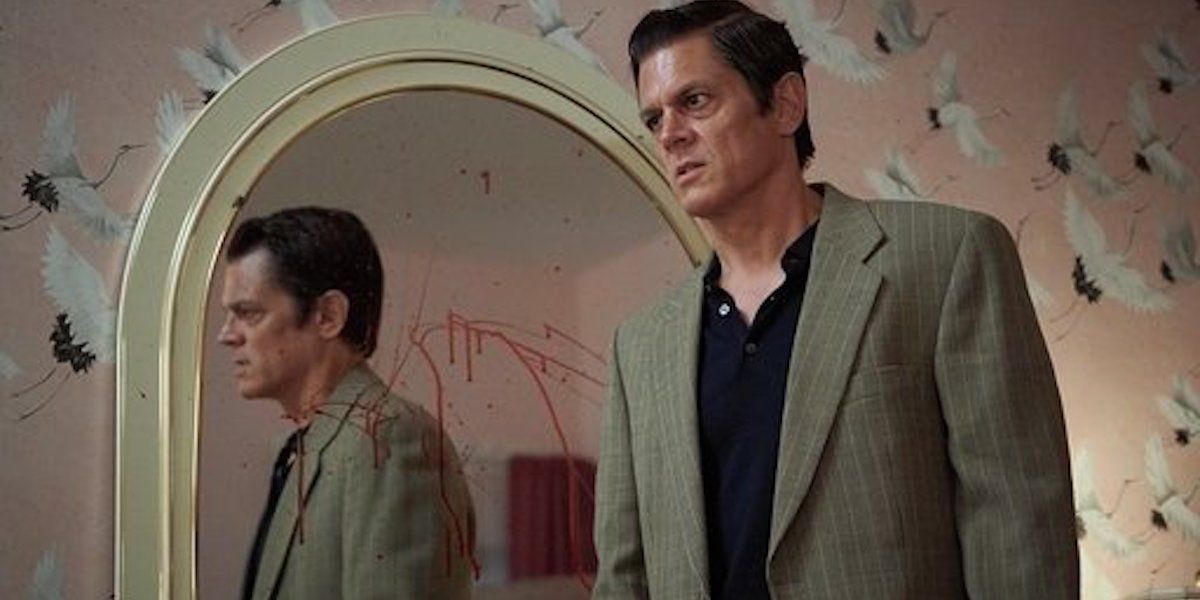
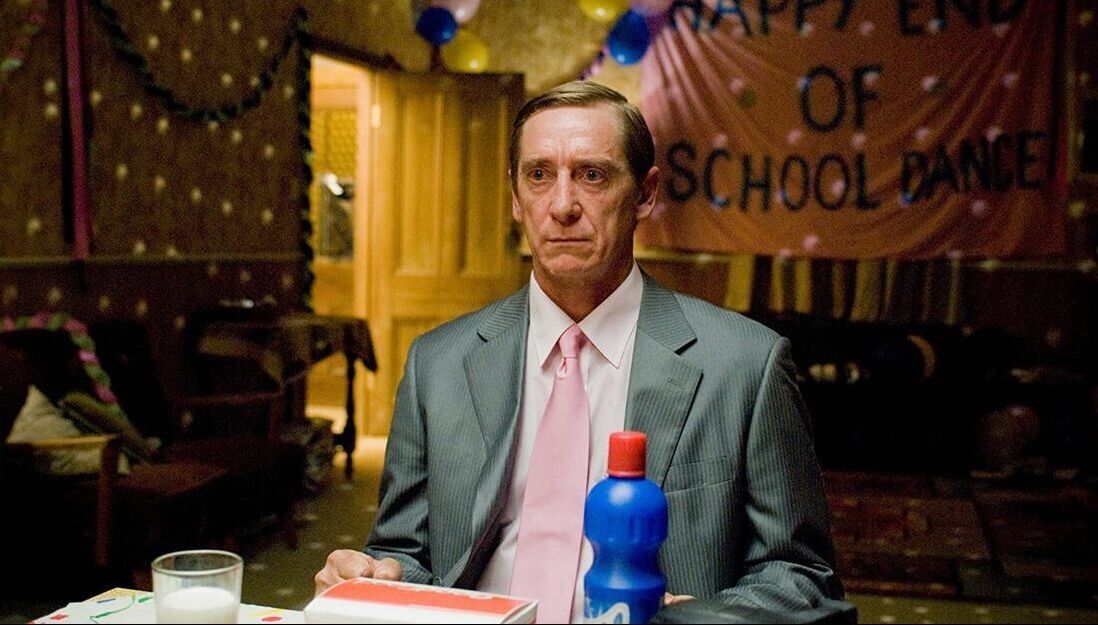
 RSS Feed
RSS Feed